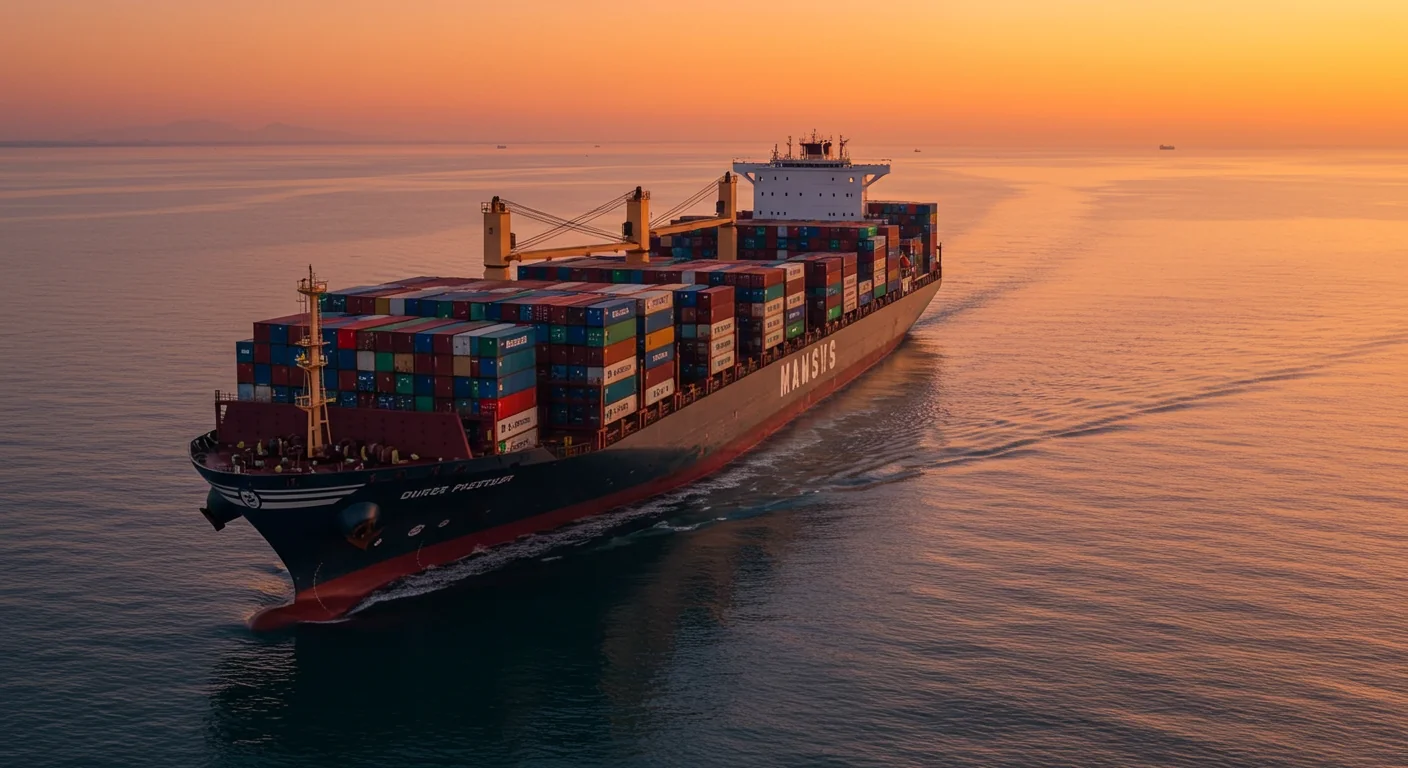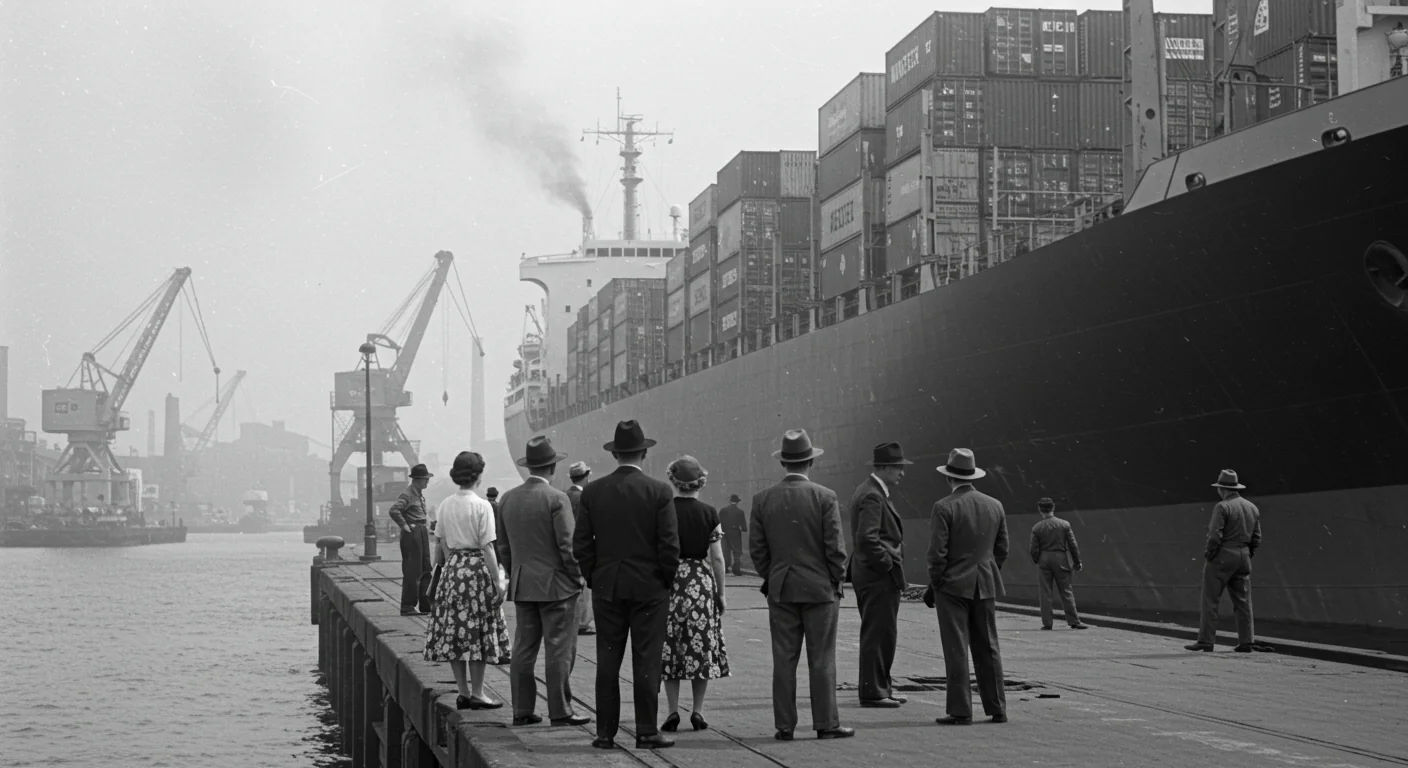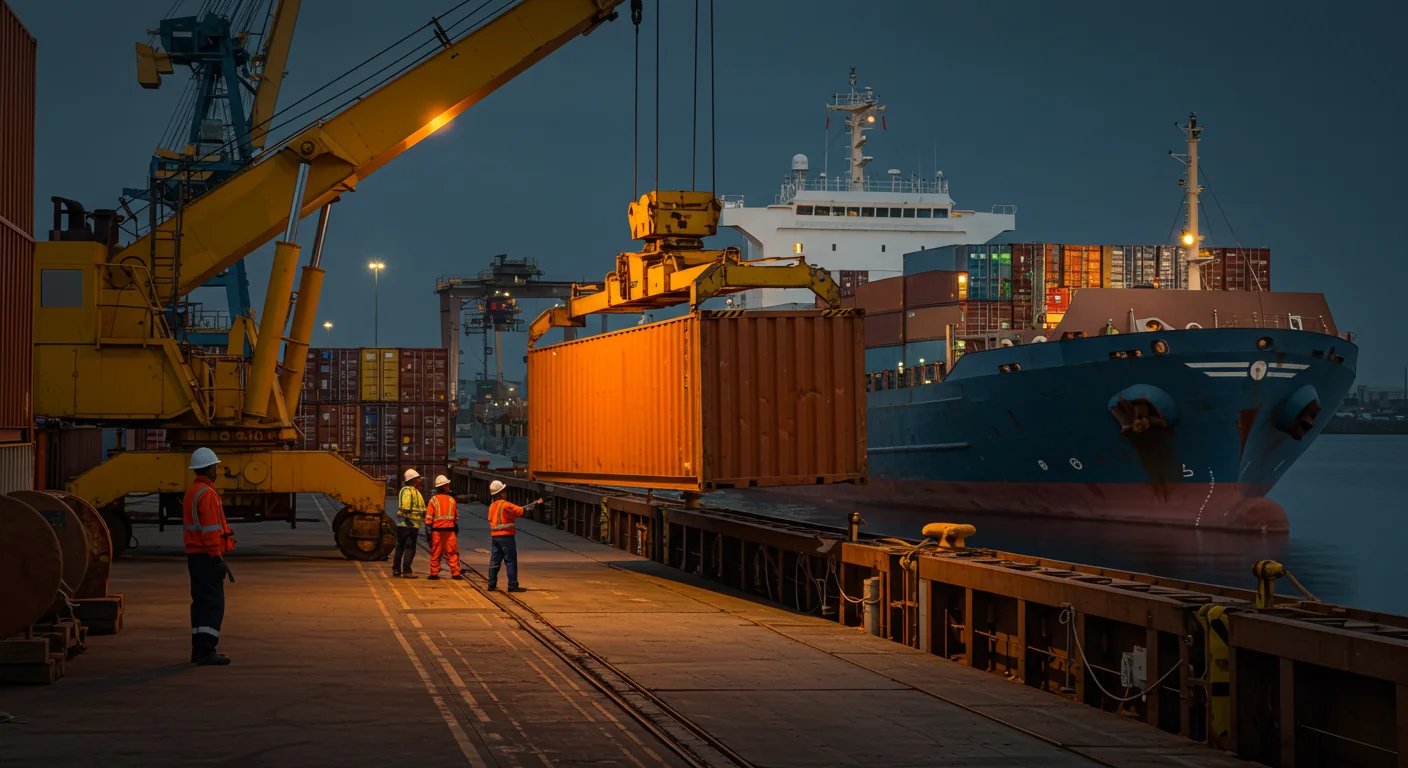What’s So Special About Ocean Freight?
Ocean freight is the backbone of global trade, playing an undeniable role in moving most of the world’s goods from country to country. But with other major and more efficient modes of transportation available, what’s so special about ocean freight?
Ocean freight is used to transport everything from produce and medicine to high-value items like art and electronics. With its extensive and unique history, along with the myriad of benefits it has to offer, we will explore the key reasons why ocean freight stands out and is often the go-to choice for international shipping.

The Rise of Ocean Freight
Ocean freight has an extensive history, dating all the way back to ancient times in 3000 B.C. Ancient civilizations, such as the Greeks, Phoenicians, and Egyptians, utilized wooden ships to transport goods like spices, grains, and pottery across the Mediterranean Sea.
The Age of Exploration between the 15th and 17th centuries saw significant growth and established trade between Asia, Europe, and the newfound Americas. Ships and other technological advancements are what made trade more efficient and gave multiple countries a global reach.
Developed in Portugal, the Caravel was a type of ship featuring two or three masts designed for long-distance trade. Other notable ship designs, such as the Carrack and Gallion, also advanced exploration and trade, making it more accessible.
A crucial invention that helped propel ocean exploration and trade was the magnetic compass, which helped sailors determine directions, making voyages much more efficient and safer.
During the Industrial Revolution, the creation of the steamship was introduced, increasing the speed and dependability of ocean transport. This time in history also saw the development of standardized shipping routes and the rise of commercial shipping companies, which are what is used today.
The 20th Century saw the most considerable development in ocean freight – an invention that revolutionized the mode of transportation forever. In the 1950s, Malcom P. McLean invented the shipping container, or containerized cargo – allowing goods to be loaded and unloaded more efficiently than before, reducing shipping costs and time.
Today, more innovations in technology like digital tracking and automation continue to shape the industry – making ocean transport an indispensable mode for moving freight all around the world.
The Unique Benefits of Ocean Freight
For centuries, people have relied heavily on ocean freight to get their cargo across continents. But what exactly makes ocean freight stand out from, say, air freight, which can also transport your cargo to other countries? Let’s find out.
First and foremost, it’s essential to understand ocean freight’s global reach fully. It is the backbone of international trade, connecting countries and continents and enabling goods to be moved between them efficiently. Unlike airplanes, cargo ships can carry up to 24,000 TEUs.
Ships have the capacity to carry tens of thousands of containers in a single voyage, making ocean freight suitable for large-scale global supply chains that need to transport large amounts of cargo.
Along with the amount of cargo that ocean freight can handle, it can handle almost any type of freight. From perishable goods in refrigerated containers to chemicals, machinery, textiles, and even automobiles, the flexibility in the types of goods that can be transported makes ocean freight a vital and optimal component of global commerce.
Due to factors such as distance and weight, most people assume that ocean freight is one, if not the most, expensive way to transport goods. However, it is highly cost-effective for moving large quantities of goods over long distances. This is because the cost per unit decreases as the volume of goods shipped increases. Many businesses rely on ocean freight to transport their goods.
Not only is ocean freight cost-efficient, but it is also more fuel-efficient per ton-mile compared to air or road transport. While there are still some environmental concerns, ocean freight is a sustainable option for shipping goods long distances.
The simplicity and stability of ocean freight are also other factors that make it so unique. Despite potential weather delays or port congestion, ocean freight is generally considered stable. It doesn’t have to deal with traffic, accidents, or the risk of cargo being stolen like with other modes of freight transportation. With ocean freight, cargo is minimally handled, reducing the risk of damage – contributing to its reputation of stability.
Whether you’re a business searching for a different mode of transportation or just an individual curious about freight, learning about the benefits of ocean freight gives you a deeper understanding of why global trade heavily depends on it.
Ocean freight is special because it’s an indispensable mode of transportation with its unmatched capacity, cost efficiency, and overall reliability. Even with ongoing advancements, ocean freight will be sure to stand the test of time and remain a vital component of the global supply chain.




